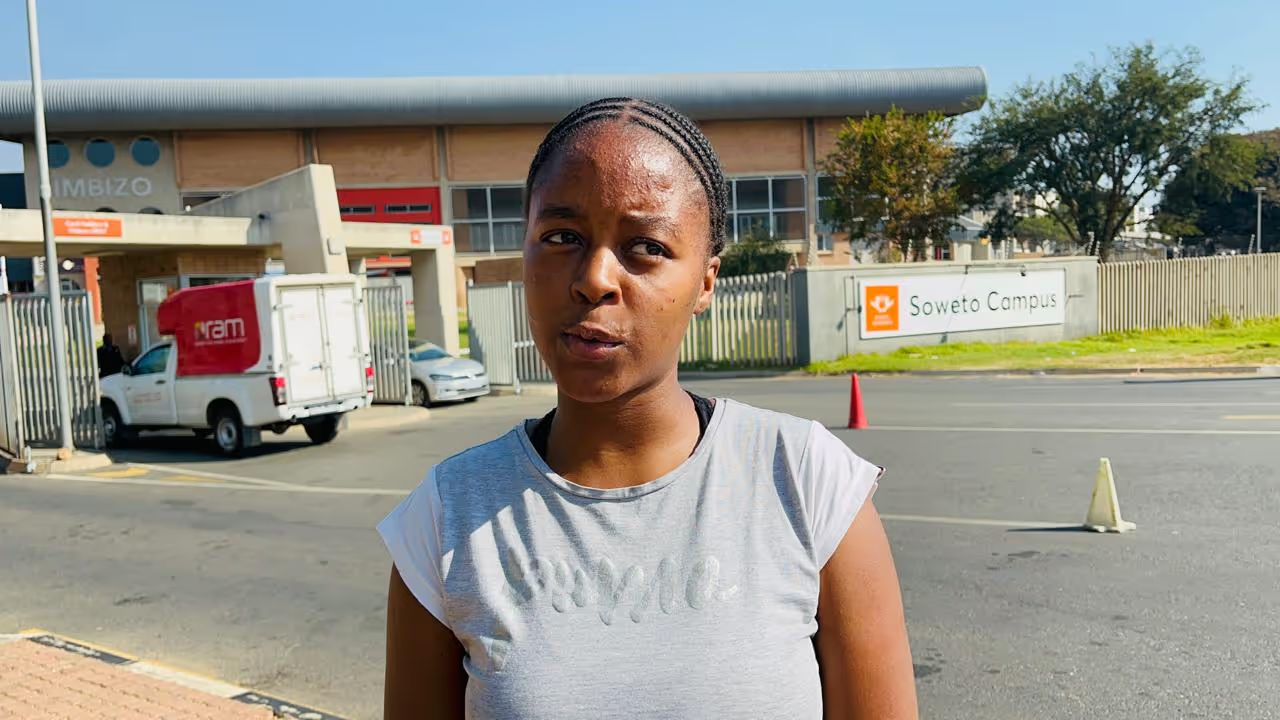Recently the family of the murdered whistle-blower, Babita Deokaran, memorialised her life on the anniversary she was brutally slain by a group of hitmen. There appears, at least to be, circumstantial evidence that points to her murder being linked to her discovering significant corruption at the Department of Health. Amongst the alleged corruption there is the curious case of Sello Sekhokho, a powerful figure in the Ekurhuleni ANC. It is alleged that through his three companies from 2019, he received orders for medical equipment of approximatelyR14.5 million. Some reports say that this may only be a fraction of the orders that Sekhokho received from the Tembisa Hospital.
BRAVE CIVIL SERVANT DIES
There is no evidence that Sekhokho had anything to do with the murder of Babita Deokaran and it is not being asserted here. Rather, we need to consider the respective paths that Deokaran and Sekhokho followed here. The one being a brave civil servant executing her duty without fear of favour, the other an alleged grifter politician using connections for personal financial gain. Consider that having had experience working in government and some level of understanding the risks of exposing “connected” suppliers – Babita Deokaran needed to make a deliberate decision to speak out and act in the best interest of the public. After all the funds in question is provided from the fiscus. At some point she was reportedly told to expedite the payment to Sello Sekhokho’s company and to “keep it quiet”. It is conceivable that everywhere in the public service and in private institutions employees have to make this decision, on whether to speak out and face victimisation or to look the other way to preserve their jobs and their well-being. “In times of universal deceit, telling the truth is a revolutionary act” - George Orwell.
STEALING RESOURCES
Sello Sekhoko is in the service of the community that relies on the health care offered by the Tembisa Hospital that he has allegedly derived all this benefit from. The issue is that corruption takes resources out of the under-resourced health care system. It follows, therefore, that his constituents are the first to directly feel the impact of the corruption taking place at the Tembisa Hospital. He is thus faced with the prospect of advocating for improvement in a system that he, allegedly, is participating in breaking. He and the other civil servants that are allegedly involved in the siphoning off of resources from a crumbling public service are able to do this while working and living amongst the people that suffer because of lack of resourcing. The wolves watching over the sheep. The community served by Tembisa Hospital comprise the working poor, the unemployed and other vulnerable people. The actions of those that steal the resources from the Tembisa Hospital and elsewhere in the public service make them complicit in the unnecessary suffering of these communities. It also makes them complicit in the brutalisation of those that choose to speak out and in this instance the death of someone just doing her job. Corruption is not a victimless crime.
FAILING WHISTLEBLOWERS
In the anti-corruption organisation, Transparency International’s 2021 index, South Africa was ranked 70 out of 180 countries with a score of 44. A score of 100 indicate that a country is corruption free and a score of 0 shows that the country is highly corrupt. Our score has been below 50 for at least the last five years, an indication that we have not being doing anything in that time to improve the state of corruption in the country. This means that those brave souls that are out there raising red flags, doing investigations, holding people to account and standing for governance especially in the public sector will have to keep on doing what needs to get done. Government have been failing whistle-blowers. Even though the “Protected Disclosures Act” and the “Protection from Harassment Act” are on par with how it is done elsewhere in the world, they lack the teeth to deal with the brutality of retaliation in the form of victimisation and intimidation. Babita Deokaran may have proven that the cost of speaking out is just too high in a society that is unwilling to stand up for those that won’t look the other way. Without her and others like her, we are doomed.







